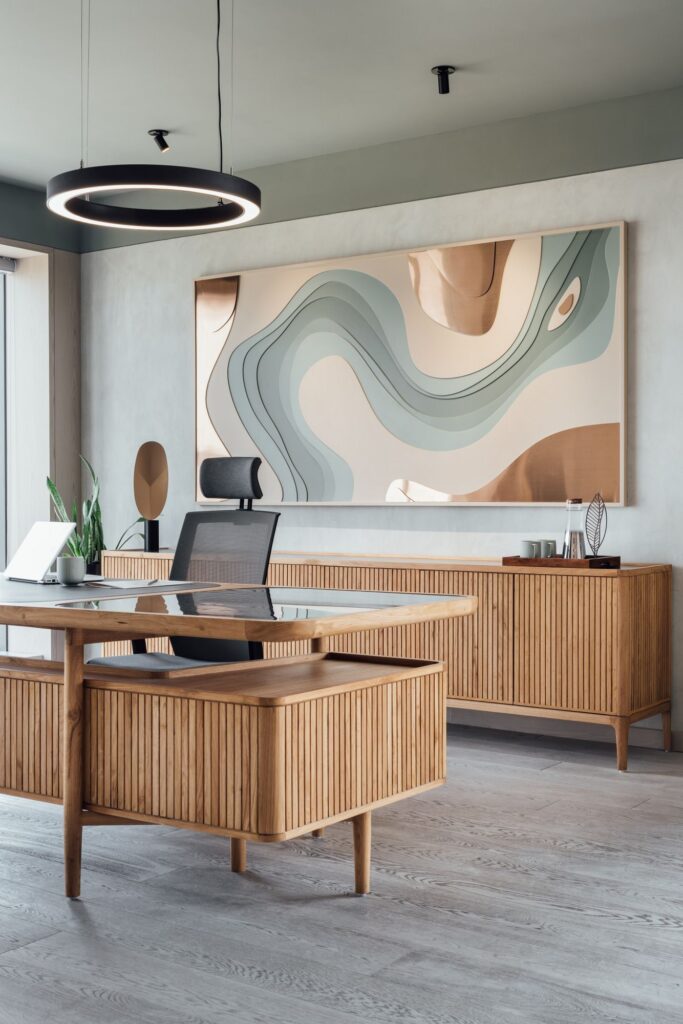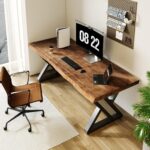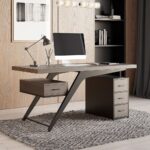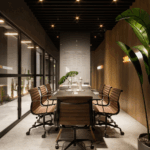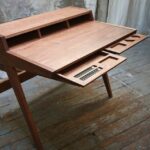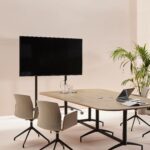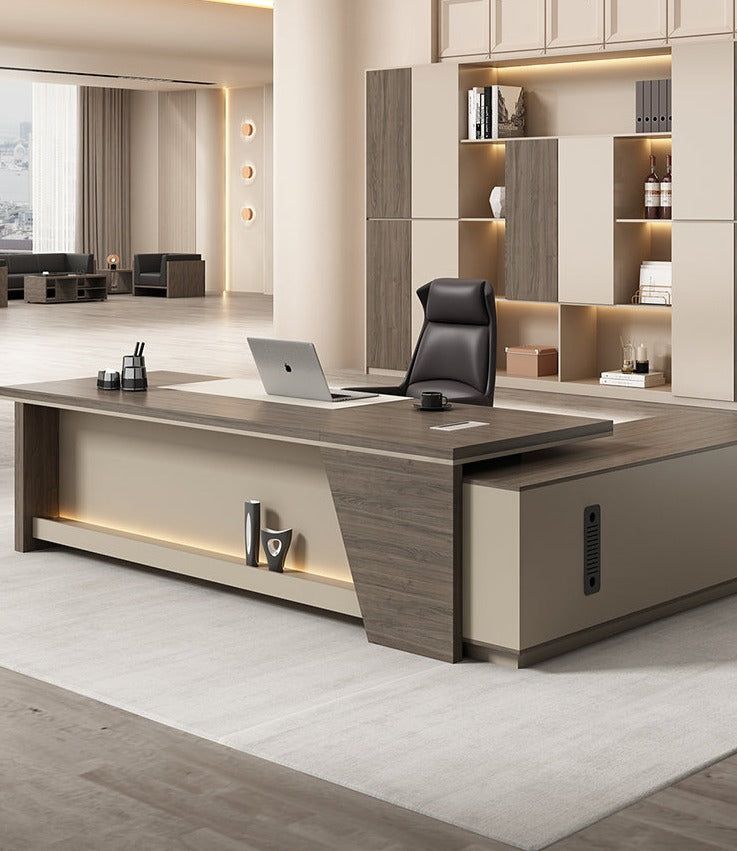
Office tables are an essential piece of furniture in any workplace, providing a functional and versatile space for employees to work, collaborate, and organize their materials. These tables come in a variety of shapes, sizes, and materials, catering to the specific needs and preferences of different offices. Some common types of office tables include executive desks, conference tables, computer desks, and reception counters. Executive desks are typically larger and more luxurious, providing ample workspace and storage for top-level employees. Conference tables are designed for group meetings and discussions, often equipped with power outlets and cable management systems for seamless presentations. Computer desks are ideal for individual workstations, featuring built-in shelves or drawers for organizing office supplies and stationary. Reception counters are the first point of contact for visitors, offering a professional and welcoming space for receptionists to greet guests and manage administrative tasks. Overall, office tables play a crucial role in the design and functionality of a workspace, contributing to employee productivity, collaboration, and overall workplace aesthetics.
Office tables are an essential piece of furniture in any workplace. They provide a designated space for employees to work, collaborate, and stay organized throughout the day. Office tables come in a variety of shapes, sizes, and materials to suit different needs and aesthetic preferences. From traditional wooden desks to modern glass-top tables, there is a wide range of options available to complement any office decor.
In addition to serving as a work surface, office tables can also enhance the overall functionality of a workspace. Many office tables feature built-in storage options such as drawers, shelves, and compartments for organizing paperwork, office supplies, and personal belongings. Some tables also come equipped with cable management systems to keep cords and wires neatly tucked away, promoting a clutter-free environment. With the right office table, employees can create a productive and efficient work area that meets their specific needs.
When choosing an office table, it is important to consider factors such as size, shape, and functionality. The size of the table should be proportionate to the available space in the office, taking into account the needs of the person using it. Rectangular tables are ideal for individual workstations, while circular or oval tables are great for collaborative areas. Additionally, adjustable height tables offer versatility for employees who prefer to work sitting or standing. By carefully selecting the right office table, businesses can create a comfortable and functional workspace that promotes productivity and professionalism.
 Decor ideas Style Starts Here
Decor ideas Style Starts Here
